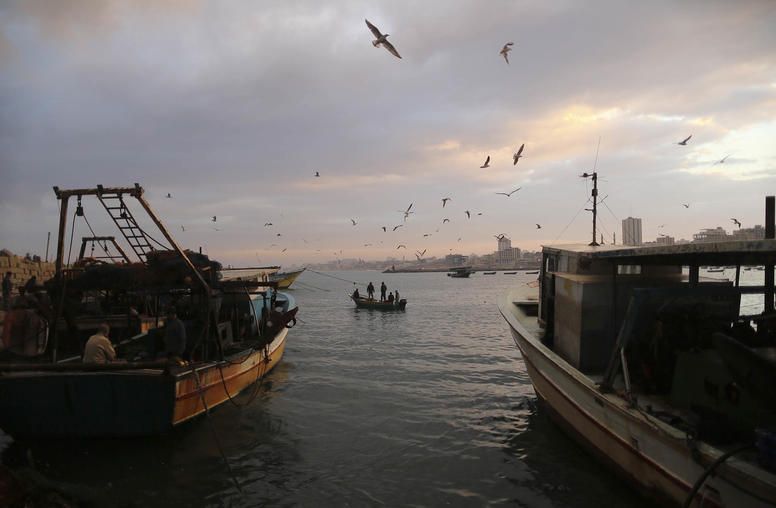Security Sector Transformation in the Arab Awakening
Countries transitioning to democracy must change old models of organizing the police, armed services, and intelligence services, which typically were characterized by mistreatment of the public, for models that stress transparency, accountability, and citizen involvement. Yet each new government in the Middle East and North Africa must tailor its reforms carefully and patiently in order to avoid backlash among security services.

Summary
- The Arab Awakening opened the door to democratic political change in the Middle East and North Africa (MENA). Security sector reform (SSR) is an integral component of the nascent democratic process in the region. While SSR is a long-term process, it should be a key part of institution building in the new democracies. Democracy requires security institutions that are open, professional, and responsive to public needs.
- The transitions to democracy are varied in nature and scope. SSR will differ by country and must be tailored to the political realities and specific circumstances of each state. The international community can foster successful SSR processes by calibrating its assistance according to the reform efforts in each country. A general or “one-size-fits-all” approach to SSR will not be successful.
- A sense of political powerlessness, an unresponsive bureaucracy, a general lack of opportunity, economic stagnation (including high unemployment), and repressive security forces all contributed to the Arab Awakening. As a result of the upheaval, democratic forces in several of the MENA countries are pushing for transparency and accountability in the security services.
- SSR must be undertaken in a holistic manner, couched within the framework of overall democratic reform and linked to other broad policies such as justice sector reform, evolution of the political process, and economic development. SSR will only be achieved if it is integrated and pursued in unison with these larger processes of democratic change.
- The international community, especially the United States and the European Union, need to foster democratic developments and, in particular, to support and coordinate SSR.
About the Report
This report draws on the discussions and conclusions of a conference on security sector transformation in North Africa and the Middle East hosted by the United States Institute of Peace’s Center of Innovation for Security Sector Governance on May 10, 2012. The conference brought together a group of activists from the region with U.S. government and international officials and SSR experts in a morning public forum and an afternoon private roundtable session. There was a general consensus that more than a year after the initial successes of the Arab Spring, security sector reform remained an essential requirement of achieving democracy in transition states.
About the Author
Donald J. Planty is a former career member of the Senior Foreign Service of the United States. As U.S. Ambassador to Guatemala in 1996–99, he facilitated the negotiation and implementation of the historic 1996 Peace Accords. He worked on NATO and U.S.-European security issues in Washington and abroad, including assignments as Counselor for Political-Military Affairs at the U.S. Embassy in Madrid and Deputy Chief of Mission at the U.S. Embassy in Oslo.



